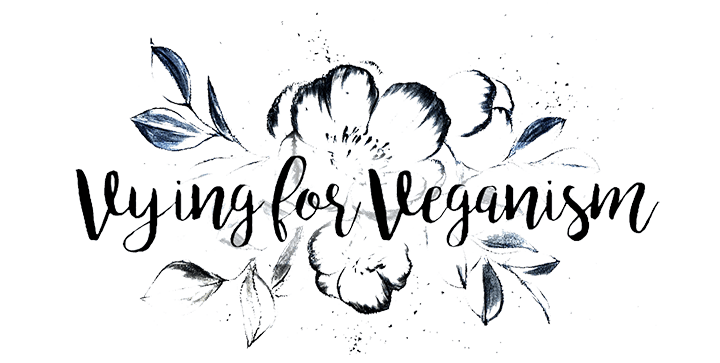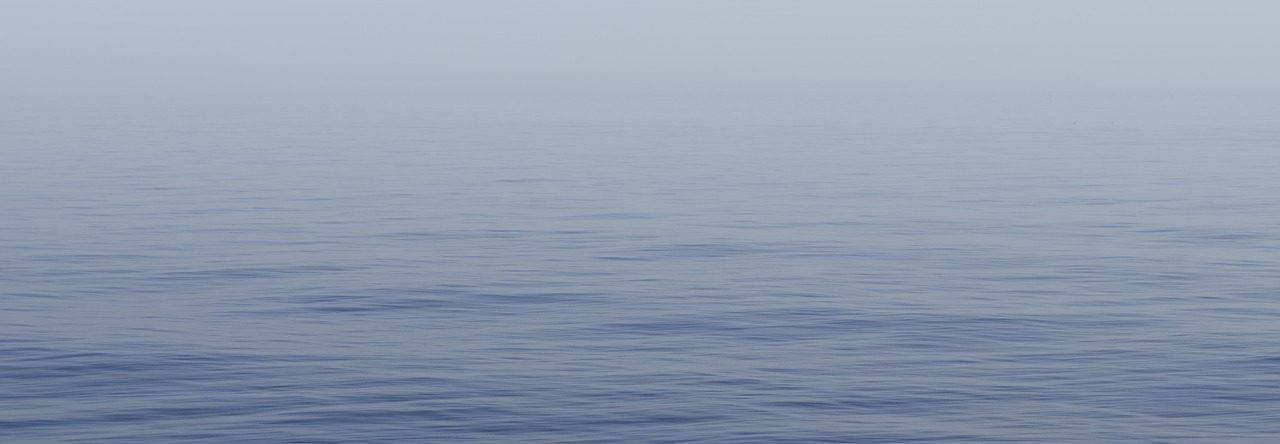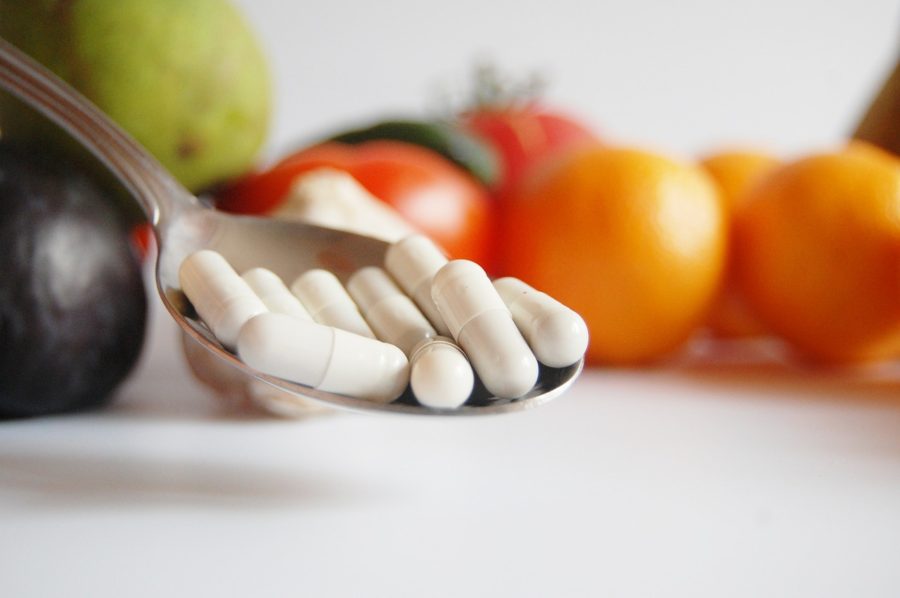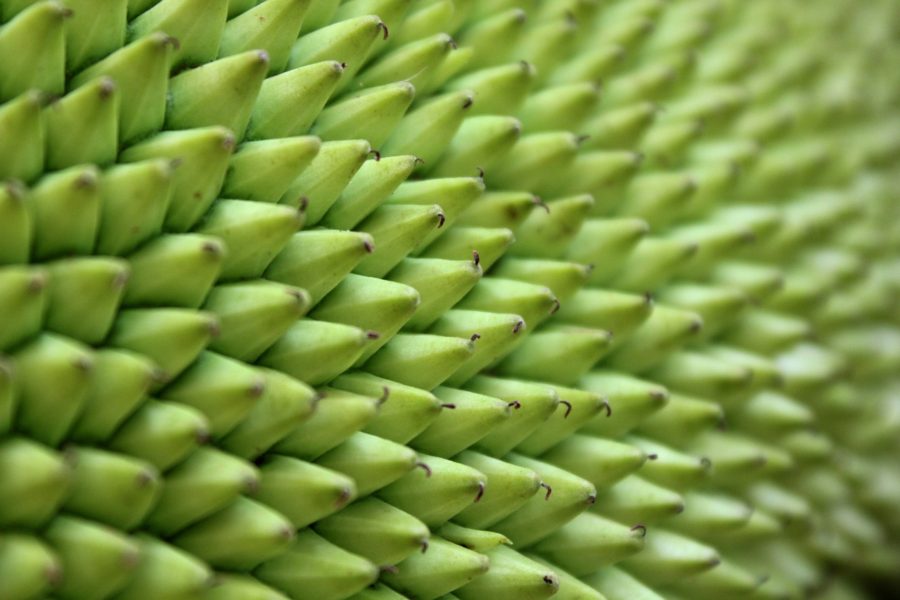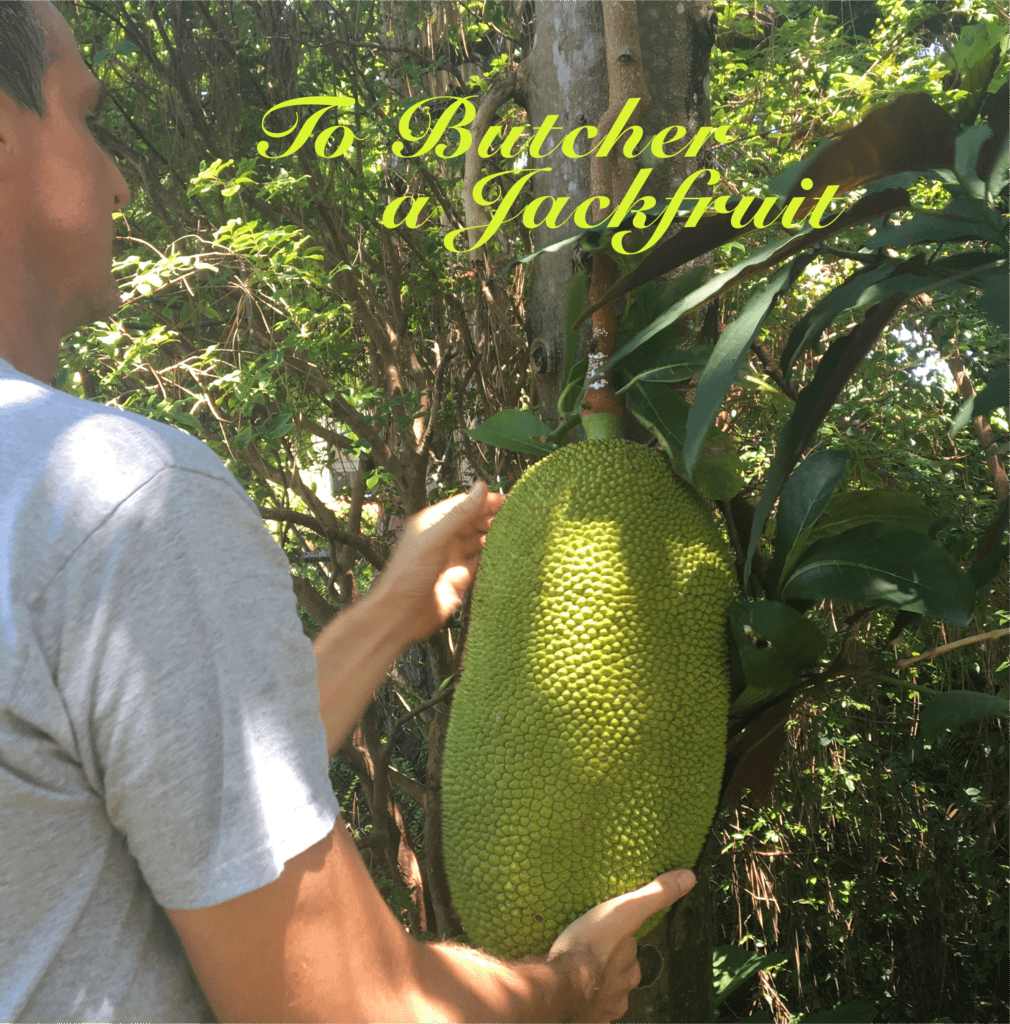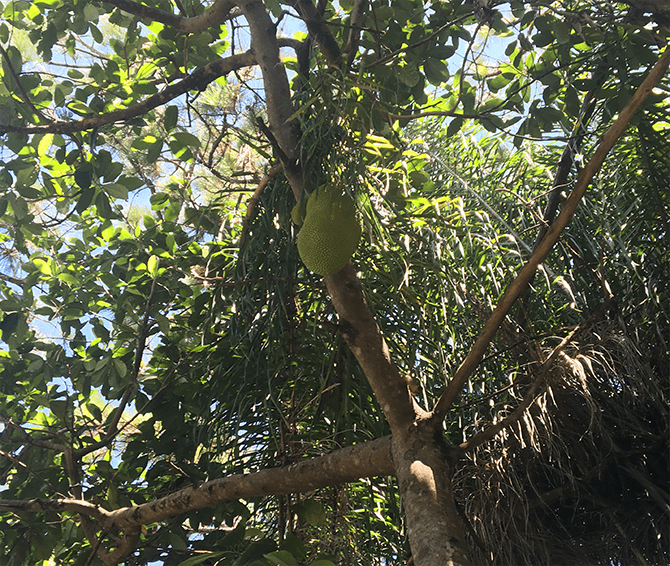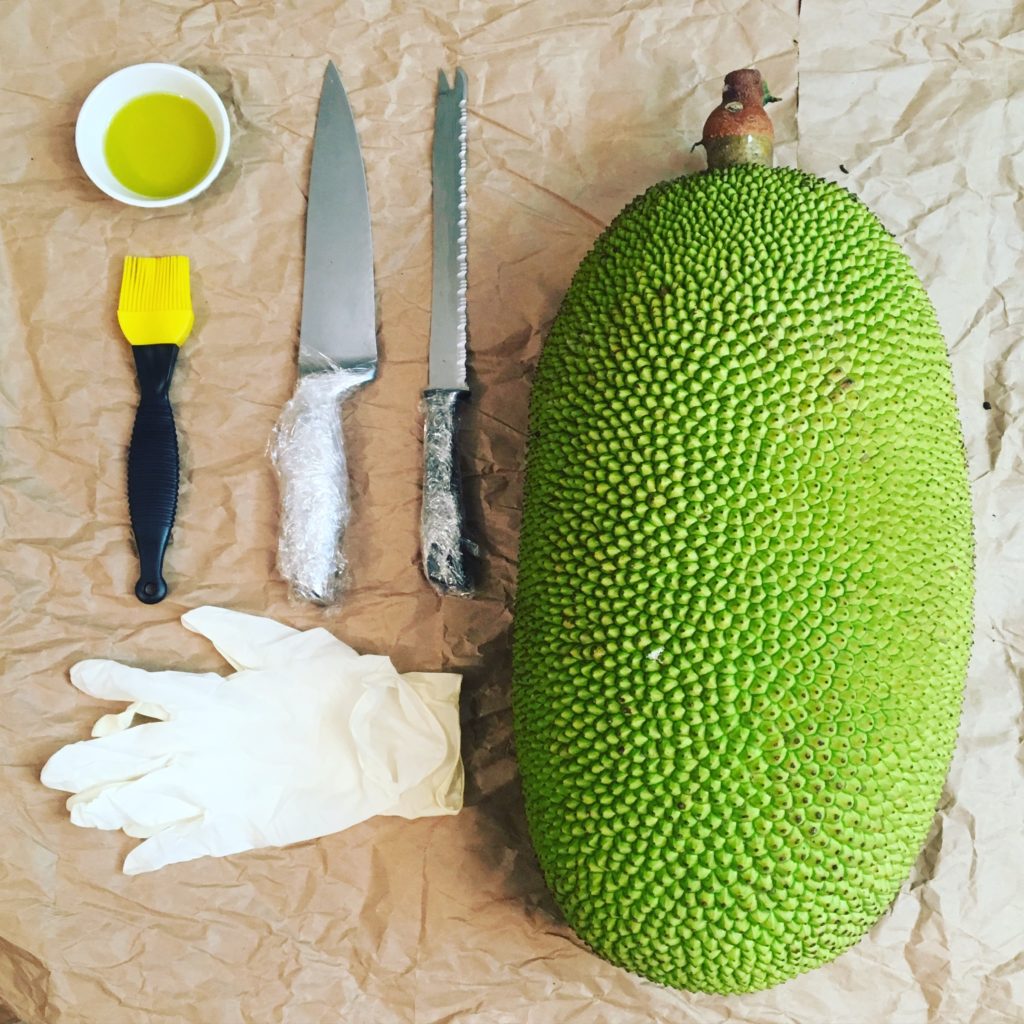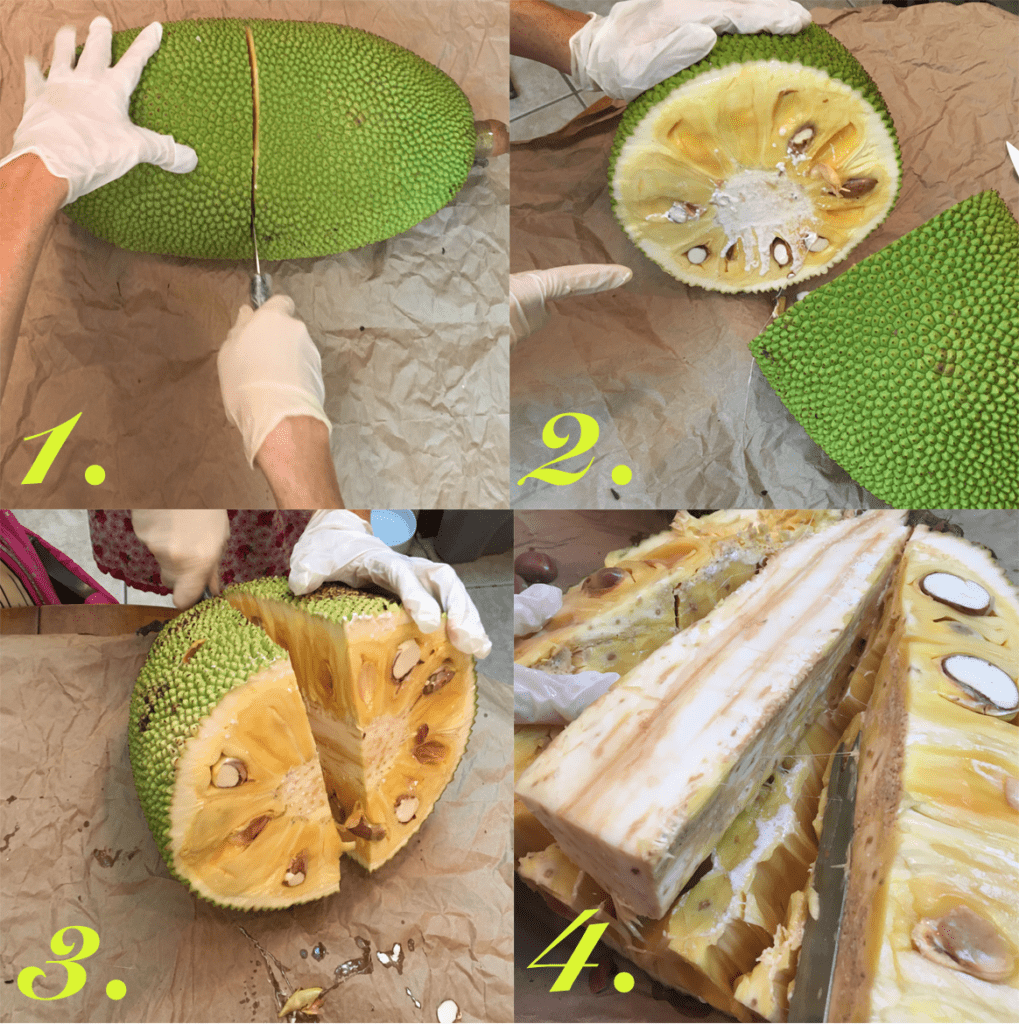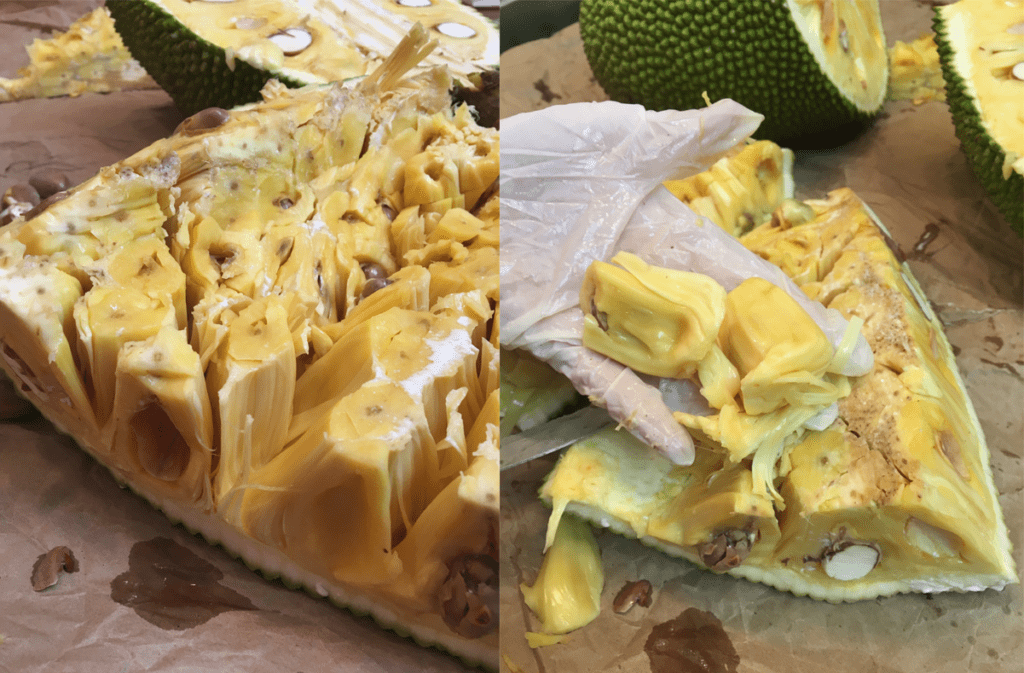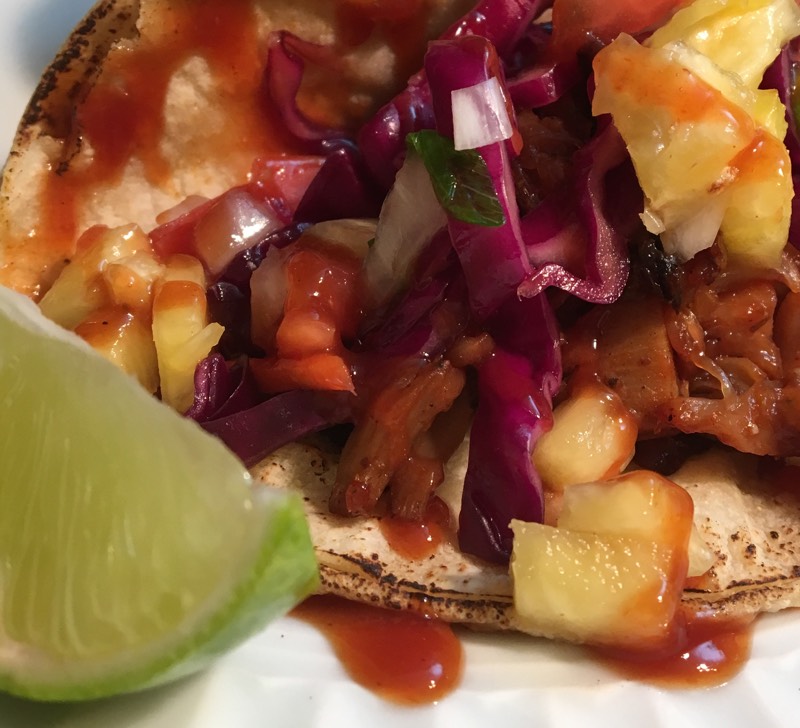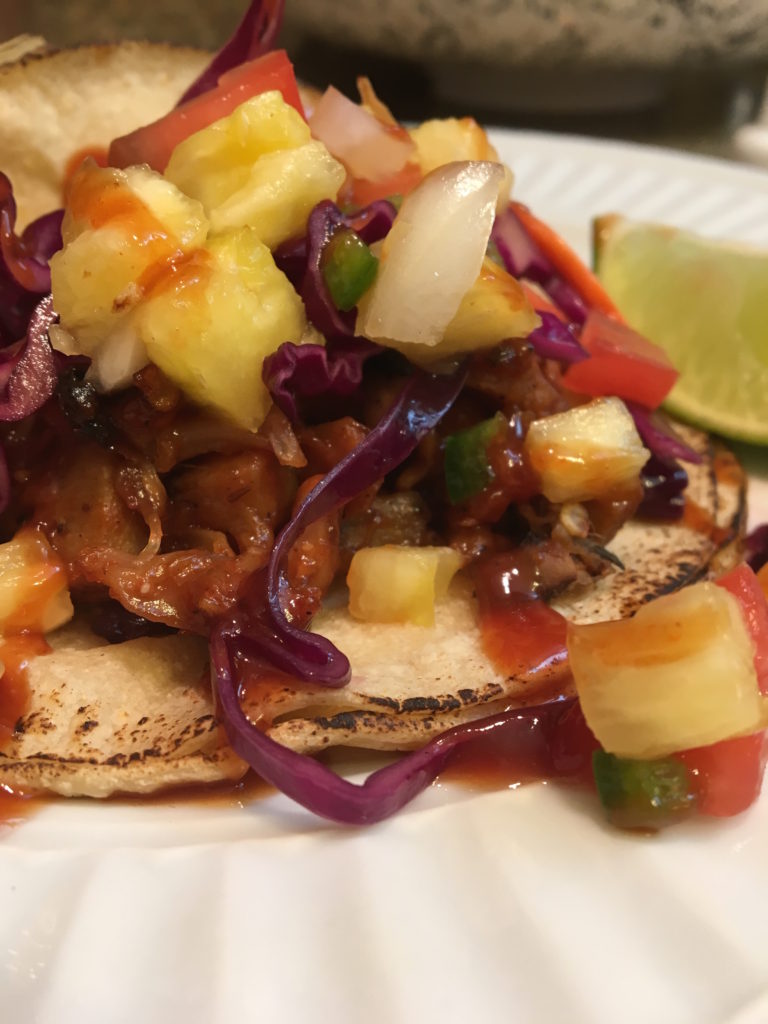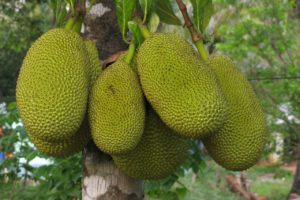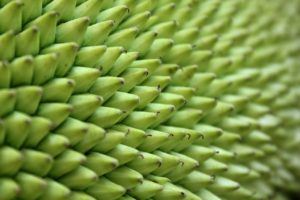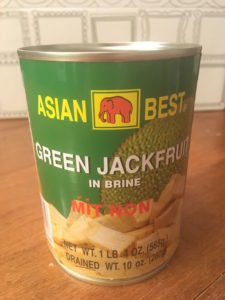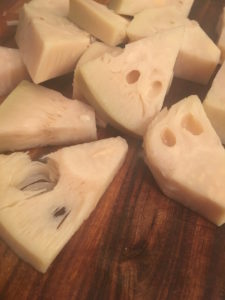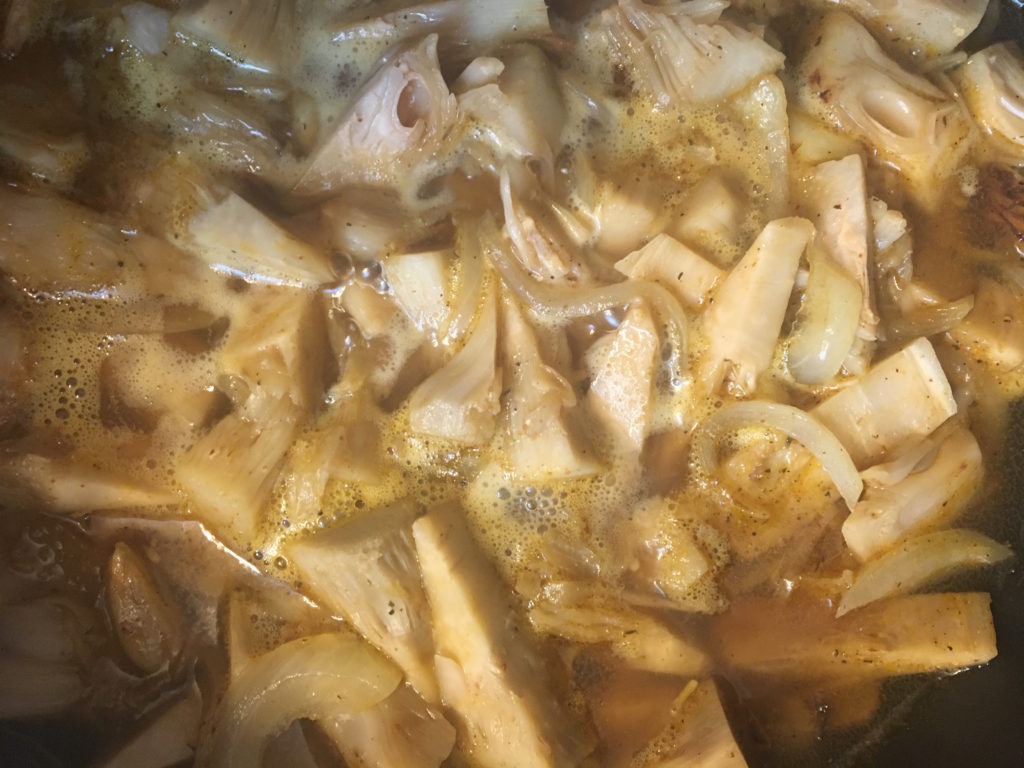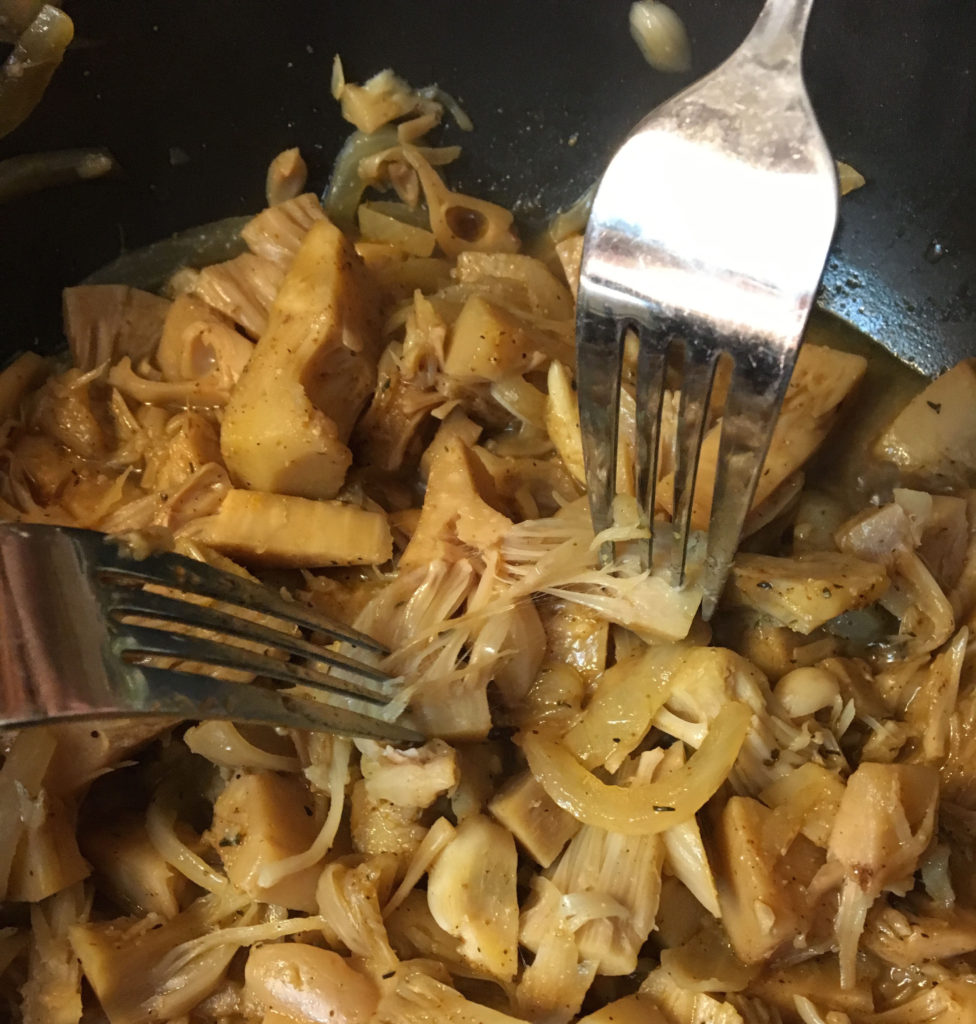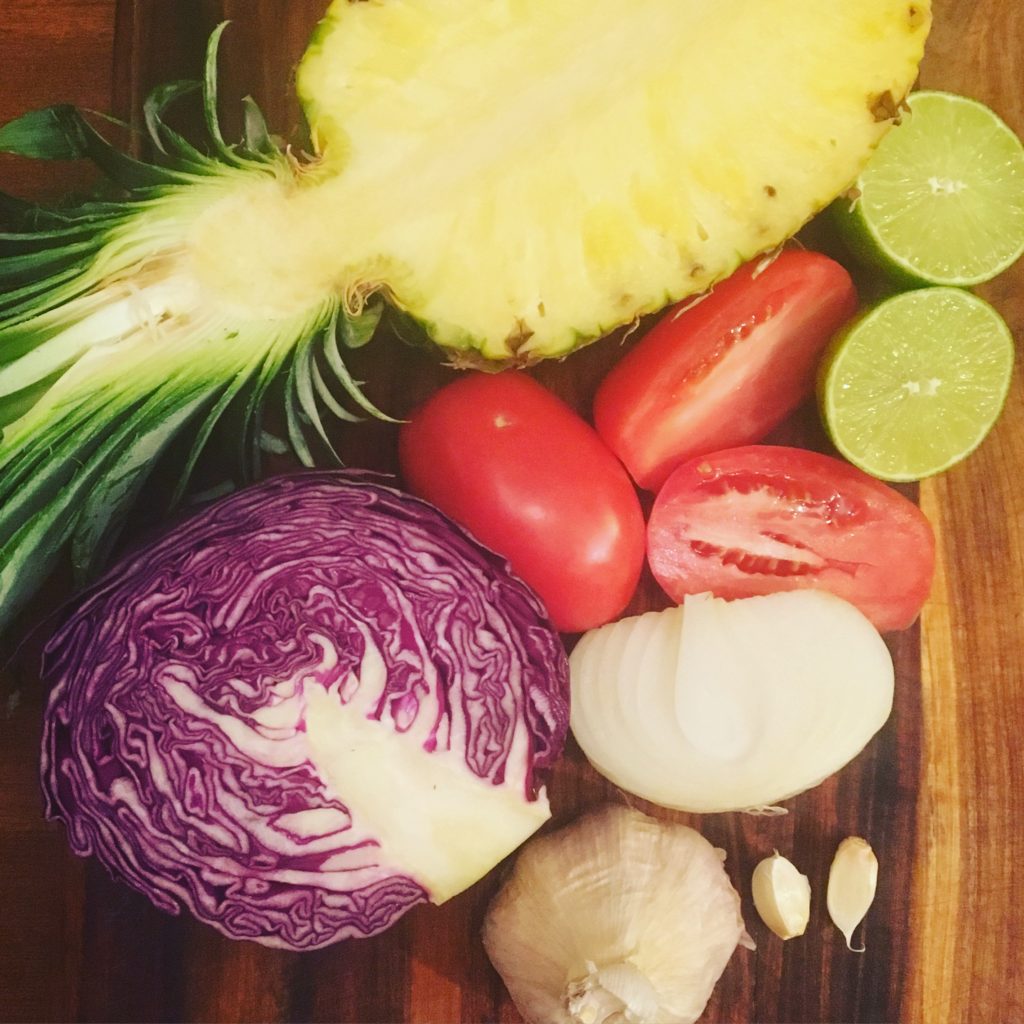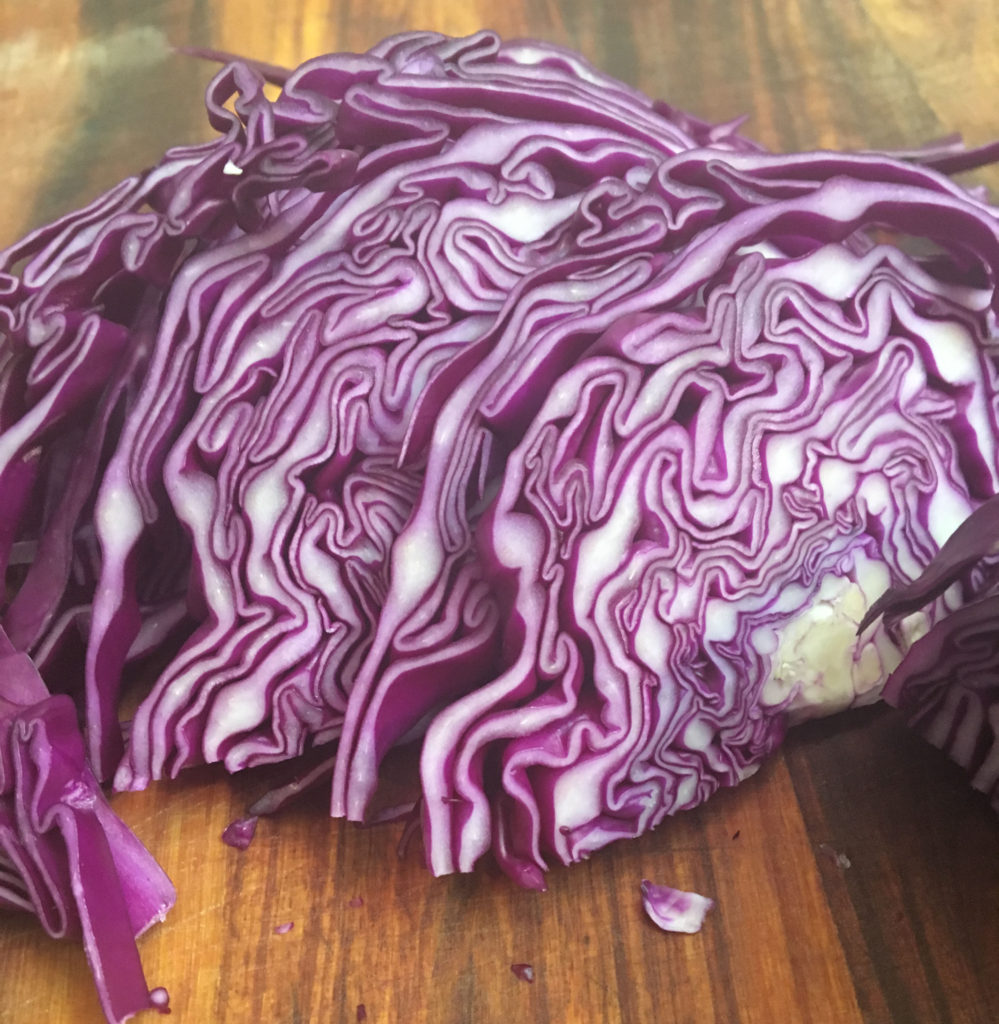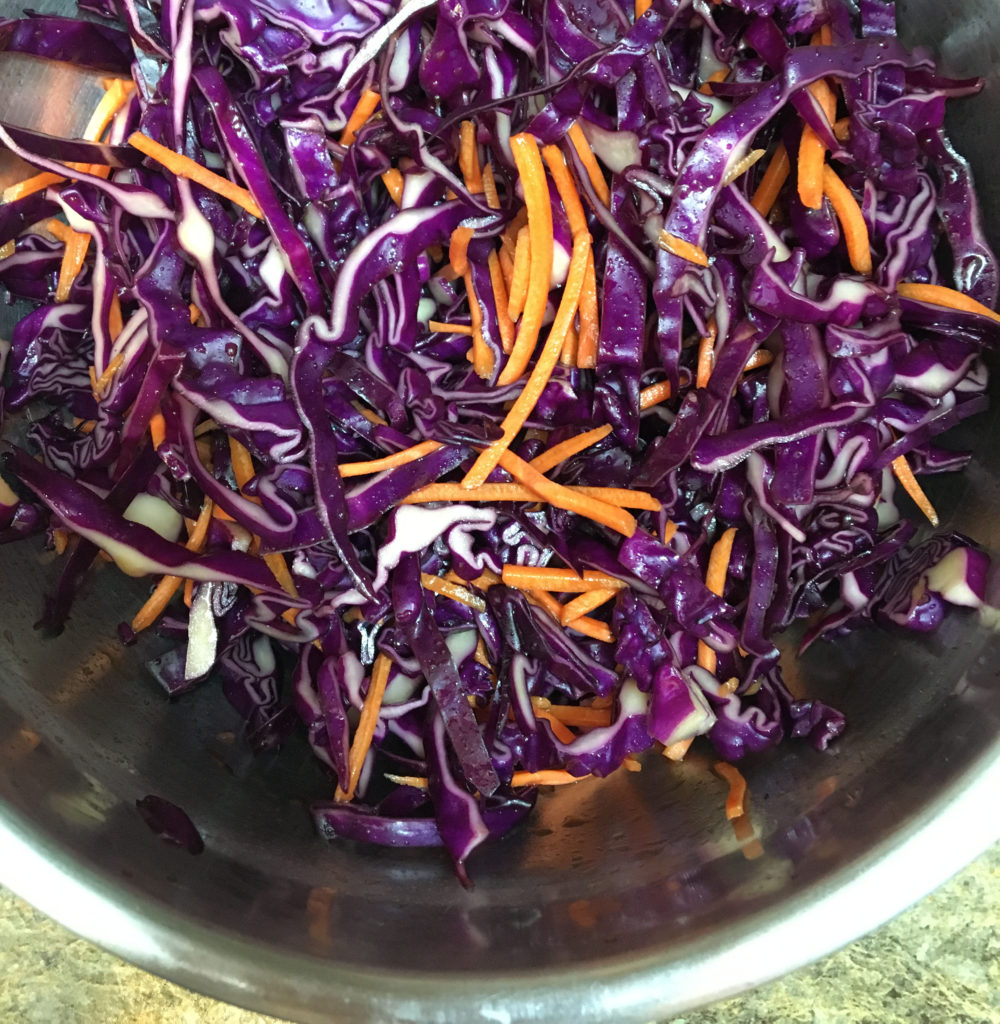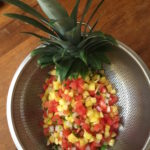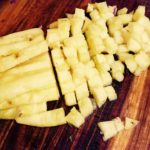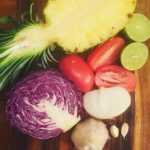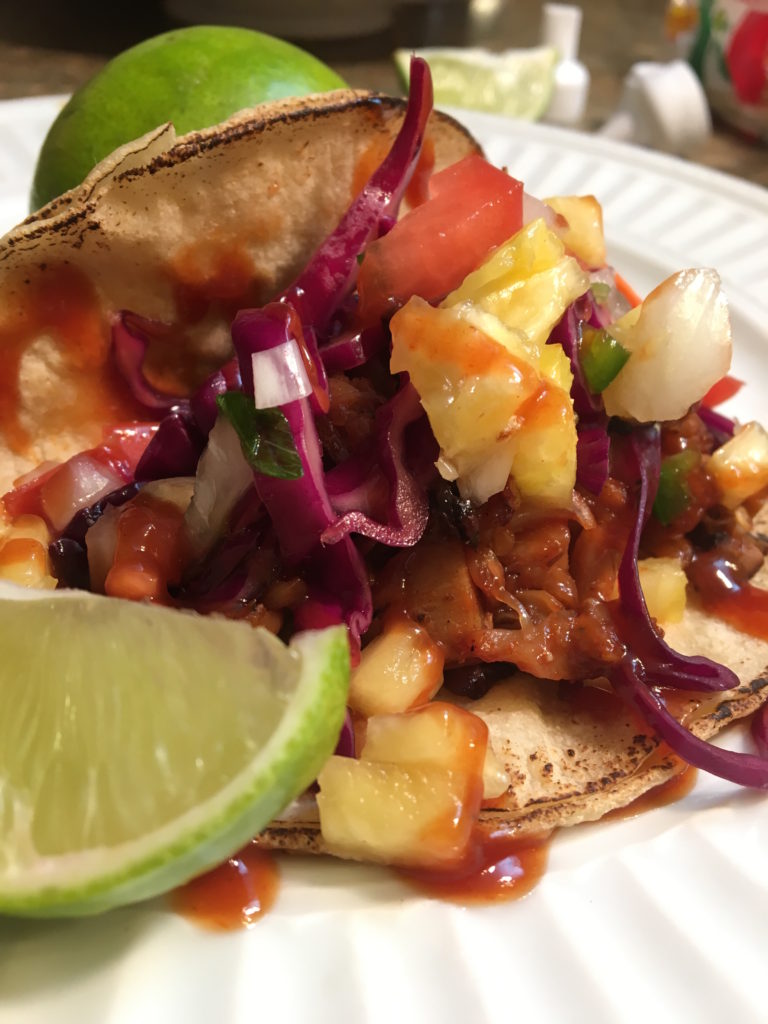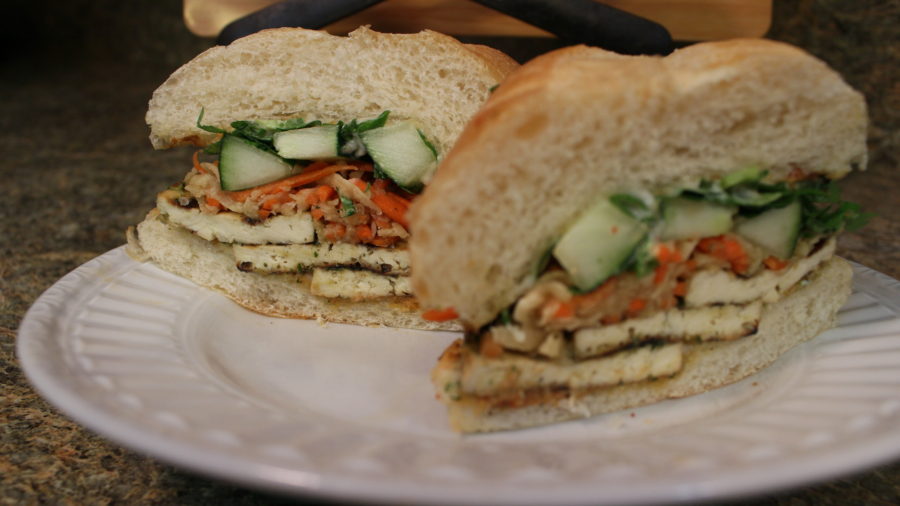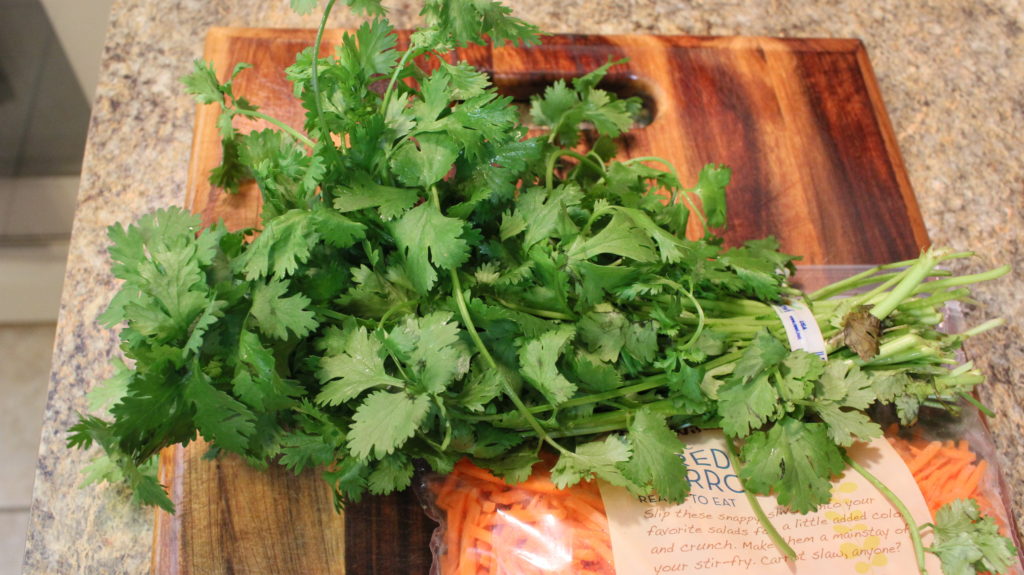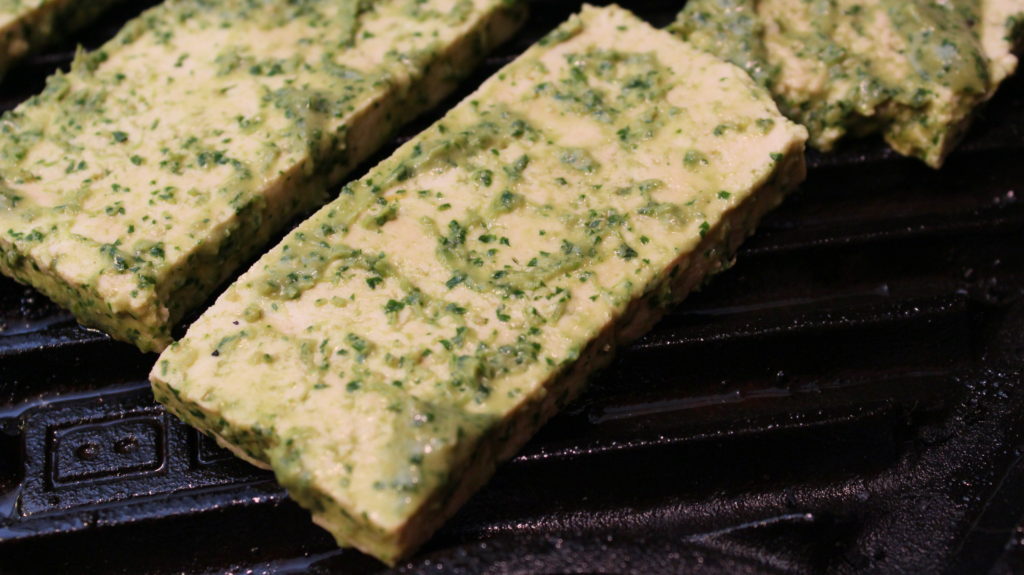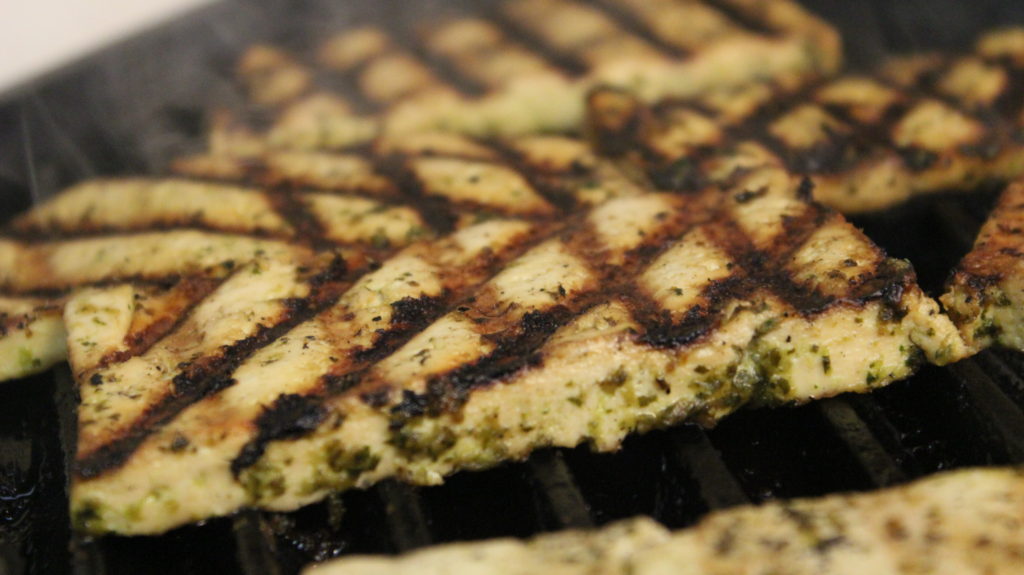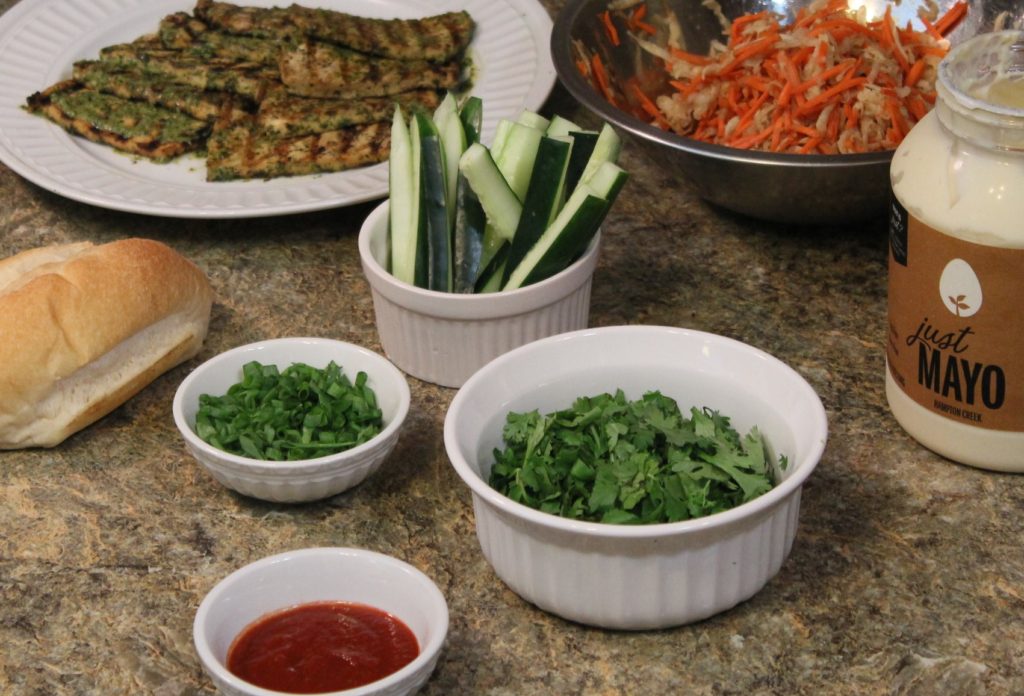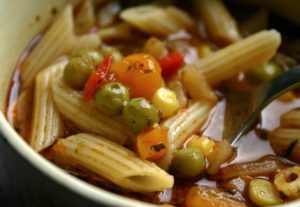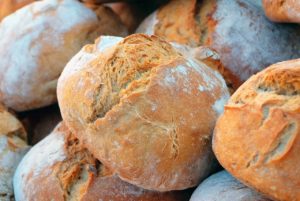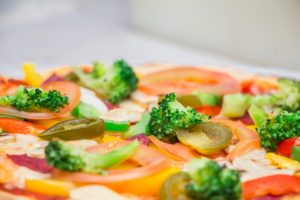It would be superfluous to state here that a vegan diet is healthier than a cholesterol-laden carnivorous diet. However, many are still on the fence about whether or not a vegan diet can provide all the necessary nutrients to live a healthy, balanced lifestyle without additional supplementation. I want to take an in-depth look at what nutritionists have to say on the subject and hopefully eliminate some of the looming uncertainty.
I’ll be honest, I started veganism with limited knowledge, but was 100% convinced plants had everything I needed. In fact, this was one of my rebuttal points when pressed about becoming a vegan. During that time many around me felt it was an unhealthy diet devoid of certain amino acid building blocks – it was only a matter of time before I withered away. I firmly backed my vegan community and touted that I was receiving the same nutrients as my carnivore counterparts. A stance I have begun to question as of late.
I became ill a few months back, and by ill, I mean in the hospital emergency room. I had sharp pains in my abdomen and could not keep any fluids in my body. The triage nurse took my vitals while she watched me incoherently writhe in pain. As the blood pressure cuff inflated around my arm I looked down to notice my fingers doing something strange and rather alarming. My fingers were distorting uncontrollably, some clenching down into a fist and some sticking out sideways. I asked the nurse what was happening, and unfazed she stated, “…that sometimes happens when your calcium levels are low.” She also proceeded to take blood samples to see if there were any clues to my ailment there.
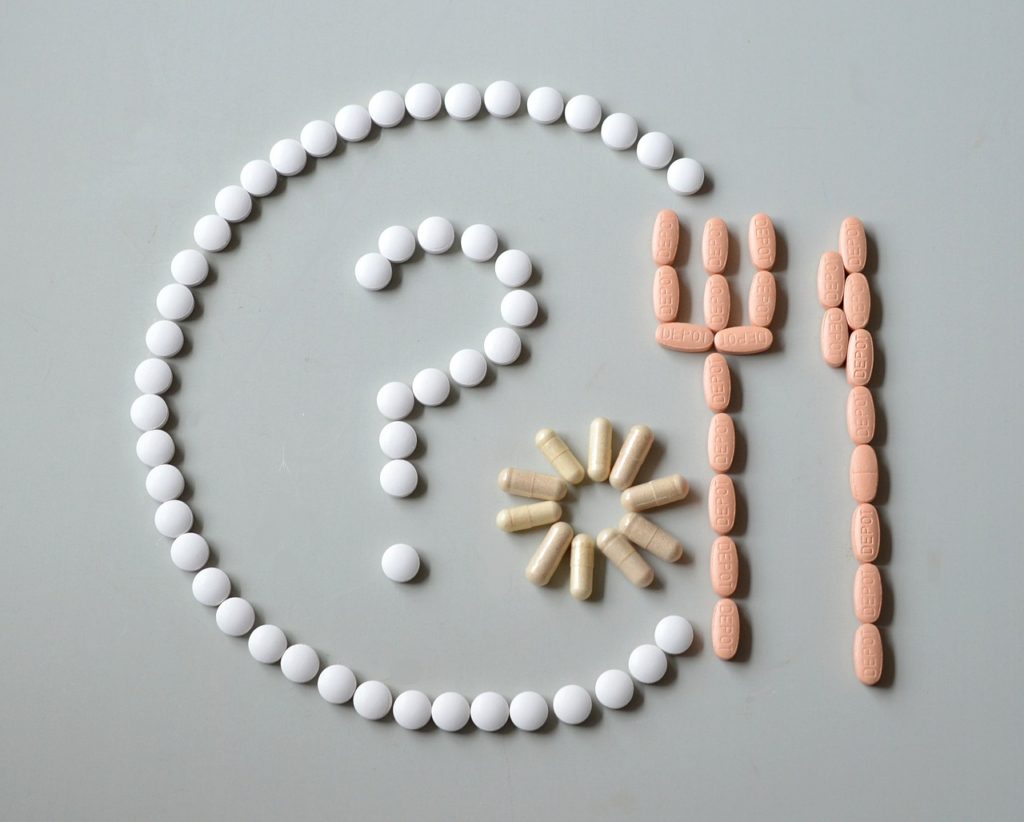
After I was stabilized somewhat the attending physician mentioned a few of my blood levels were a bit “off” and I was immediately questioning my diet. Did I do this to myself? Am I torturing my body? Can I continue being a vegan? My daughter is also eating a mostly vegan diet….am I endangering her?
Everyone requires certain vitamins and minerals to keep “Team Body” working in unison. These nutrients either directly or indirectly aid in bodily functions. Some of these elements are abundant in vegan diets and some require conscious efforts to ensure we’re meeting our requirements.
After I fully recovered with what was supposedly a simple stomach bug, embarrassing, questions lingered in my mind? I started to do some research and these are what I found to be most scarce in a vegan diet:
Protein
Protein is one of 6 essential nutrients and one of the most abundantly used in our bodies. Needless to say, it is extremely important to maintain adequate protein levels.
The amount of protein we consume is often the most concerning to vegans (and non-vegans) and is why there is such a huge market for protein powders and supplements. Besides the issue of how much you consume, we also need to consider the types of protein we consume. If you’ve heard the term “complete protein” it basically includes all the essential amino acids or the building blocks of protein we are unable to produce on our own. In some cases, vegans have to eat a variety of food combinations to achieve the complete protein profile, but we do absolutely need these complete proteins. Since vegans rely solely on fruits, vegetables, legumes and grains to supply this nutrient the question becomes: Do I need to supplement my protein? Well, that all depends on your diet.
For adults, it is recommended that we consume 8 grams of protein for every 20 pounds of body weight (Harvard.edu). There are plenty of protein-heavy alternatives to meat, some of which may even outdo their meat and egg counterparts by weight. Some of the biggest protein-heavy hitters are mycoprotein (Quorn), quinoa, seitan, soy. However, you will also want to combine some foods to achieve that complete protein profile like grains and legumes or nuts and seeds plus legumes. Do some research to find other combinations, I’m a major fan of rice and beans because I love Hispanic foods!
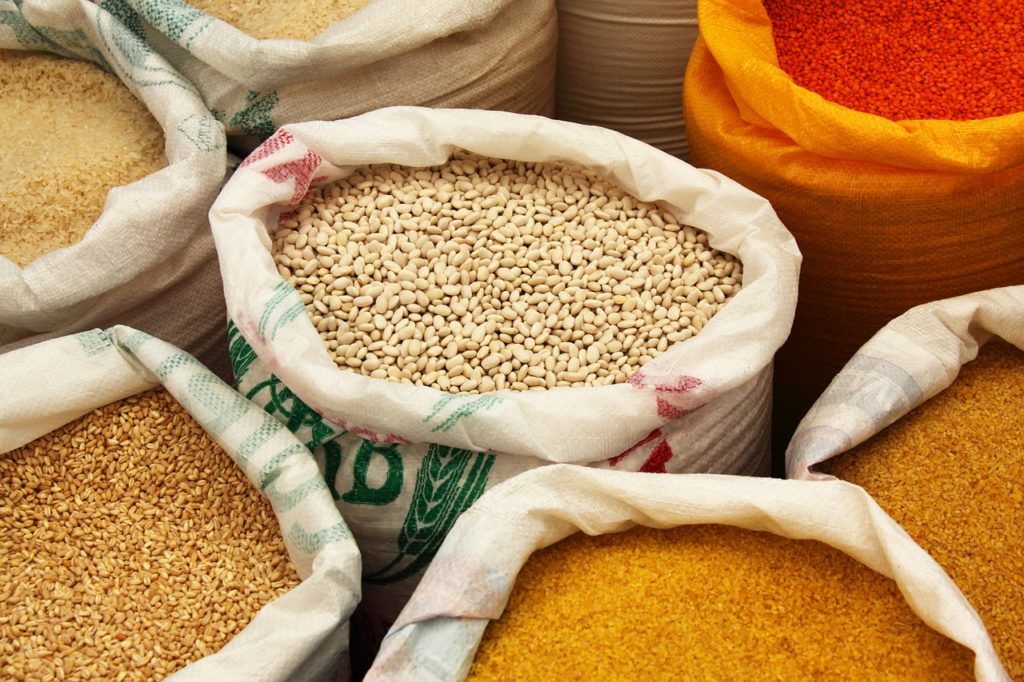
The Omegas (3,6,9) + DHA, EPA and ALA
Okay, this is one many may not even consider. DHA is a super huge deal in the newborn diet debate as DHA in breast milk and baby formulas attributed to healthy mental and physical development. Rarely do we as adults consider how much DHA we have in our diet.
Eicosapentaenoic acid (EPA) and docosahexaenoic acid (DHA) are two converted types of omega-3 essential fats primarily found in fish. Fish eat the plants containing the omega-6 alpha-linolenic acid (ALA) and convert it to DHA and EPA which people then consume, easy-peasy…for non-vegans. ALA is a long-chain omega-3, and is typical in plants, but to convert into the short-chain EPA and DHA they should be consumed together at a relatively equal ratio to omega-6 acids. That’s where this gets a bit confusing and, understandably, under-practiced. Here is a chart to visualize ALA sources and their omega ratios:
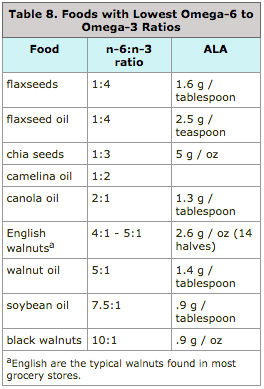
Chart from veganhealth.org
The traditional way that vegans and vegetarians were encouraged to raise EPA and DHA levels was to increase ALA and decrease linoleic acid (LA), a short-chain omega-6 fatty acid. (veganhealth.org) Flax seeds, flax oil, chia seeds, hemp seeds, hemp oil, avocado, walnuts, and walnut oil are other popular food sources of ALA. One side note, however, is flaxseed need to be ground or they will not be digested properly. You can grind them up in a coffee grinder, store in your freezer and sprinkle it over your foods or add them to your baked goods.
Iodine
Maintaining adequate levels of iodine is essential for vegans whose diet consists of a lot of soy. Research has shown soy, flax seeds, and raw cruciferous vegetables (broccoli, brussels sprouts, cauliflower, and cabbage) may counteract iodine. An iodine deficiency could lead to an overactive or underactive thyroid gland and a whole basket of related issues. Luckily, there is a relatively easy fix for this. Make sure you buy iodized salt, but not eat too much of it. You can get the recommended intake of 75 micrograms of iodine from 1/4 teaspoon of iodized salt.
Calcium
It is not only your bones benefiting from a healthy calcium level, but our hearts, muscles and nerves all rely on a steady intake of calcium. A calcium deficiency can lead to some serious and long-lasting effects such as Osteoporosis and prohibit children’s growth.
The double-edged sword though, is excessive calcium intake can also have negative effects such as Hypercalcemia, so finding a balance is important.
Daily requirements vary between gender and age, but the general guidelines are:
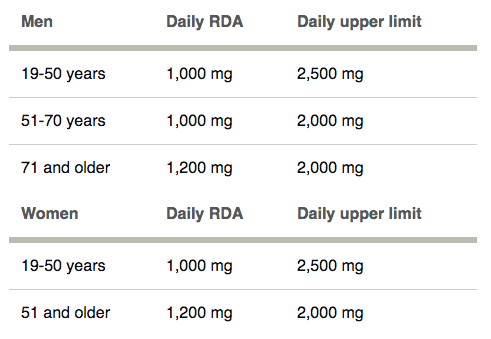
Mayo Clinic’s Calcium Recommended Dietary Allowance (RDA) for adults
For children:
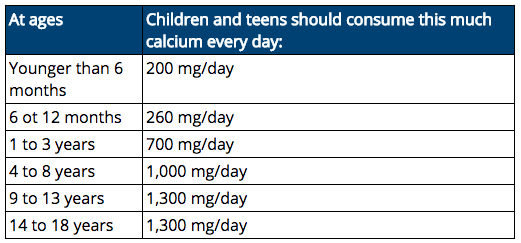
NIH recommended calcium levels for children.
Some great natural sources of calcium are kale, okra, blackstrap molasses, bok choy, tahini and almond butter. It should also be noted that we also require sufficient Vitamin D to absorb the calcium from our foods. Bringing us to the next section.
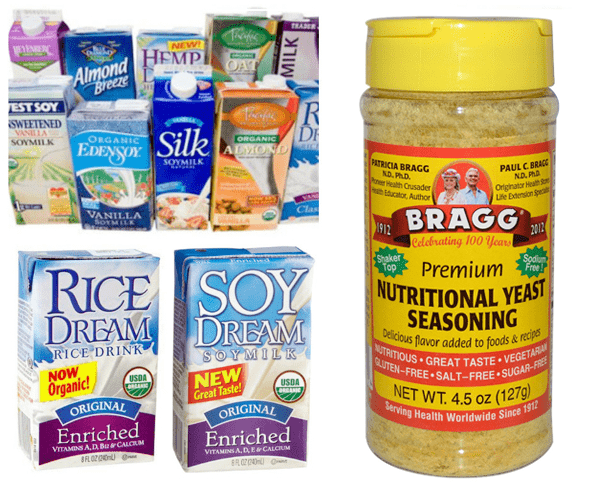
Foods fortified with vitamin B12.
Vitamins (B 12 and D)
Two vitamins vegans need to be mindful of are Vitamins D and B12. Besides aiding in calcium absorption, Vit D is also attributed to healthy cell growth and immunity. This vitamin can be produced in our bodies through our’s skin’s exposure to sun rays, but it rarely exists in the food we eat. So if you’re pale like me and avoid the sun as much as possible, the next best option will be to eat mushrooms and other vegan foods fortified with Vitamin D. Recommendations for consumption:
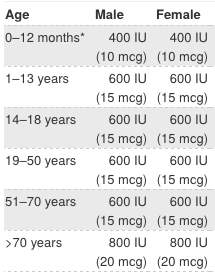
NIH Recommended Dietary Allowances (RDAs) for Vitamin D
Much less Vitamin B12 is required than other vitamins, but it’s an even more difficult essential vitamin to obtain naturally. Don’t think you can just skip out on this one though; deficiencies can lead to can cause anemia and nervous system damage.
B12 only occurs in animal products like eggs, meat, shellfish and dairy. There are a few, very few, theorists who believe with a raw diet regularly cleansing the intestinal tract B12 can be continuously reabsorbed and levels maintained, but this has yet to be proven. So, unfortunately, the only way vegans are able to maintain Vitamin B12 daily requirements is with fortified foods like nutritional yeast, non-dairy milks, meat substitutes and soy products. OR, with bacteria-derived B12 supplements. It is recommended that vegans:
- Eat fortified foods two or three times a day to get at least three micrograms (mcg or µg) of B12 a day
- OR Take one B12 supplement daily providing at least 10 micrograms
- OR Take a weekly B12 supplement providing at least 2000 micrograms.
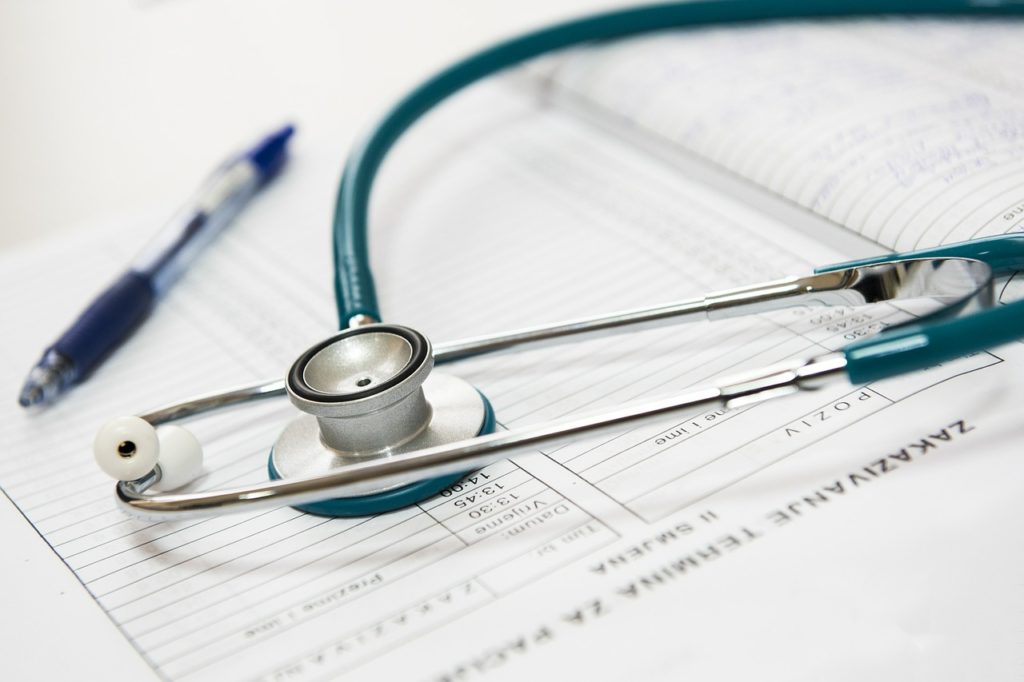
After reading all of this, the bottom line is if you are unsure about your nutrition and you have been feeling a bit “off” and sluggish, you may want to consider having your blood levels and amino acids checked…and maybe start supplementing. You can also try a daily tracker and log your food intake and search for the foods values you’ve eaten, check it after a week and if it looks like you are missing some important pieces to your diet, make an effort to adjust.
It’s better to be healthy than to stubbornly torture your body. You won’t be any less of a vegan. If it comes down to having to use supplements in order to continue a plant-based, cruelty-free diet, so be it. Remember it’s not about being perfect it’s about being our best possible selves that we can feel good about.
